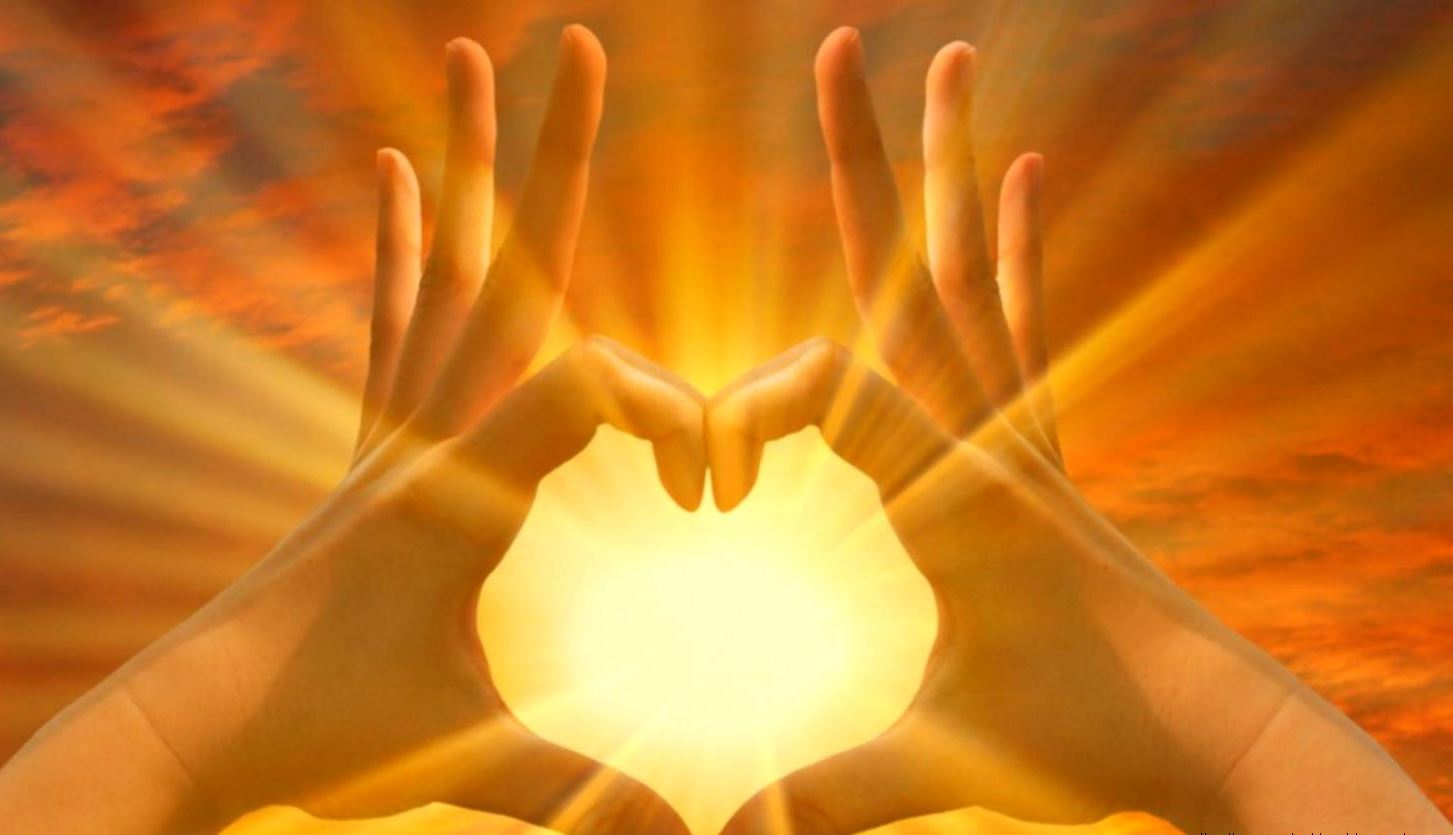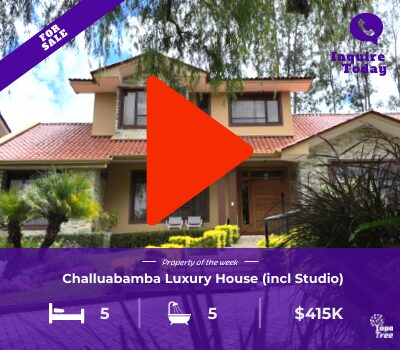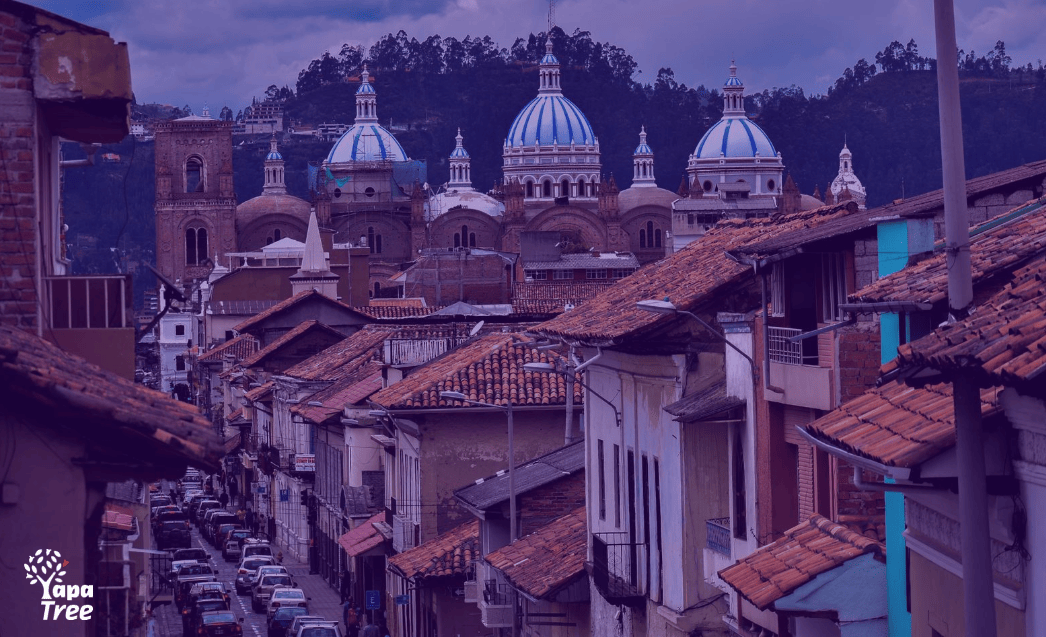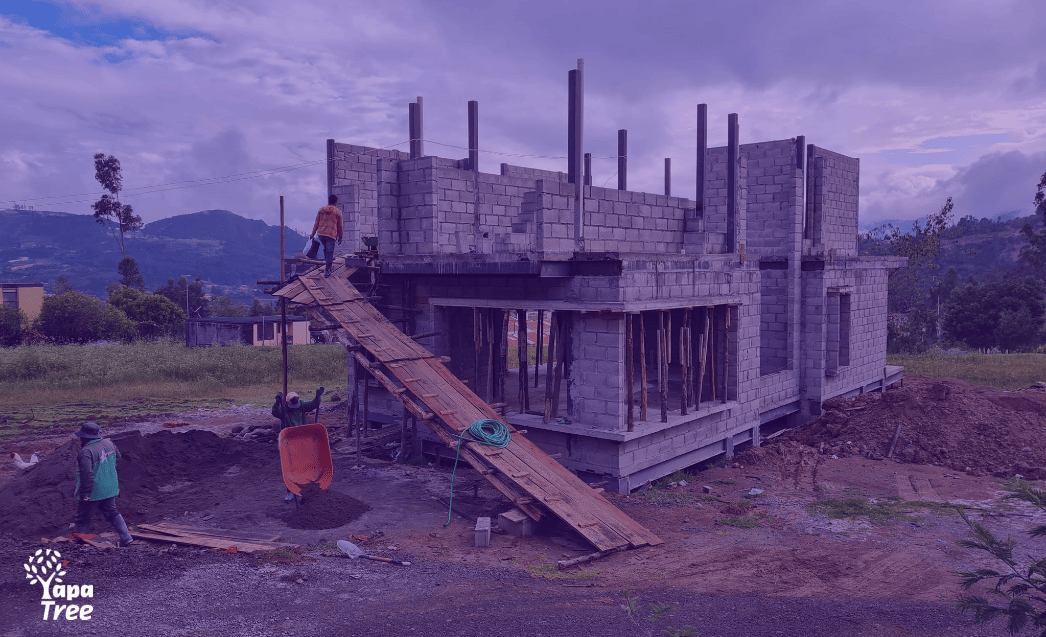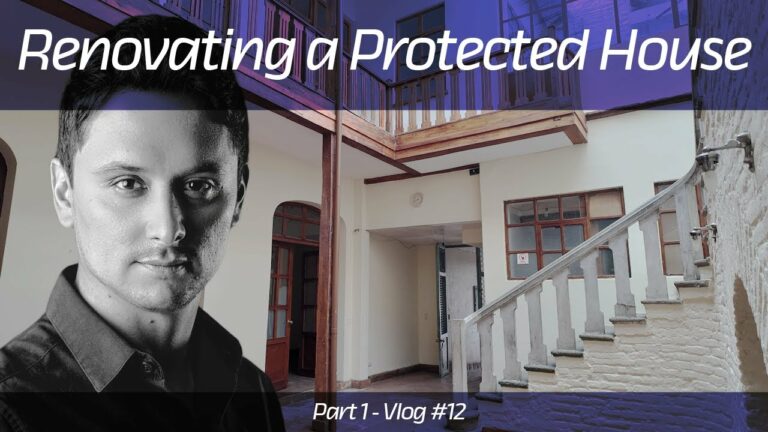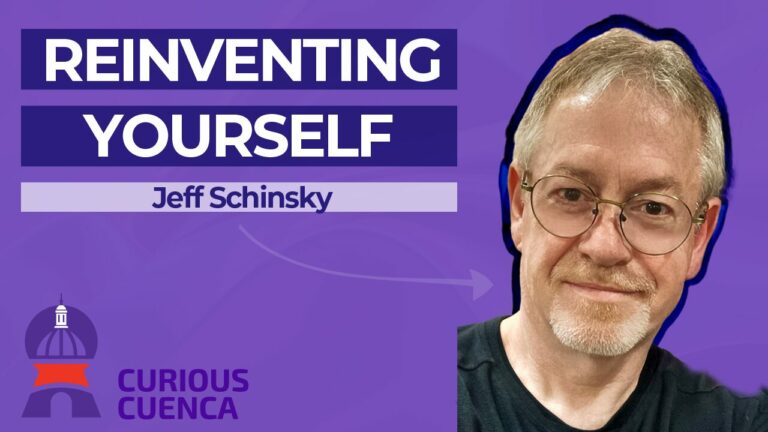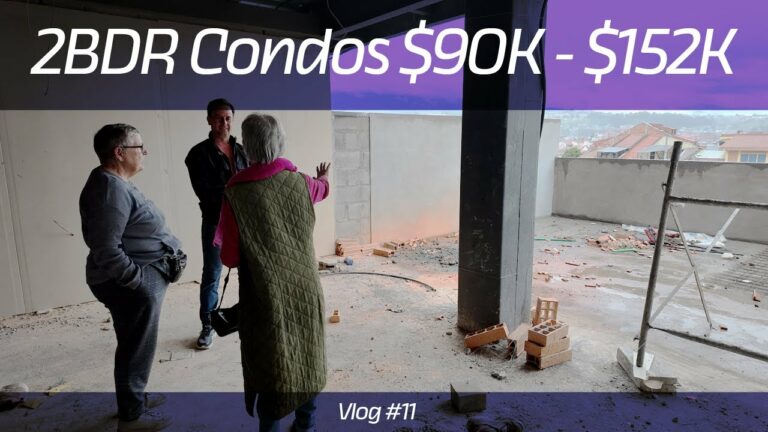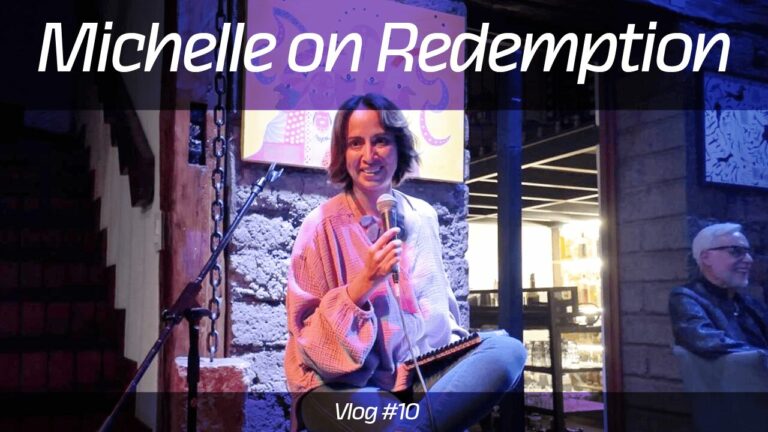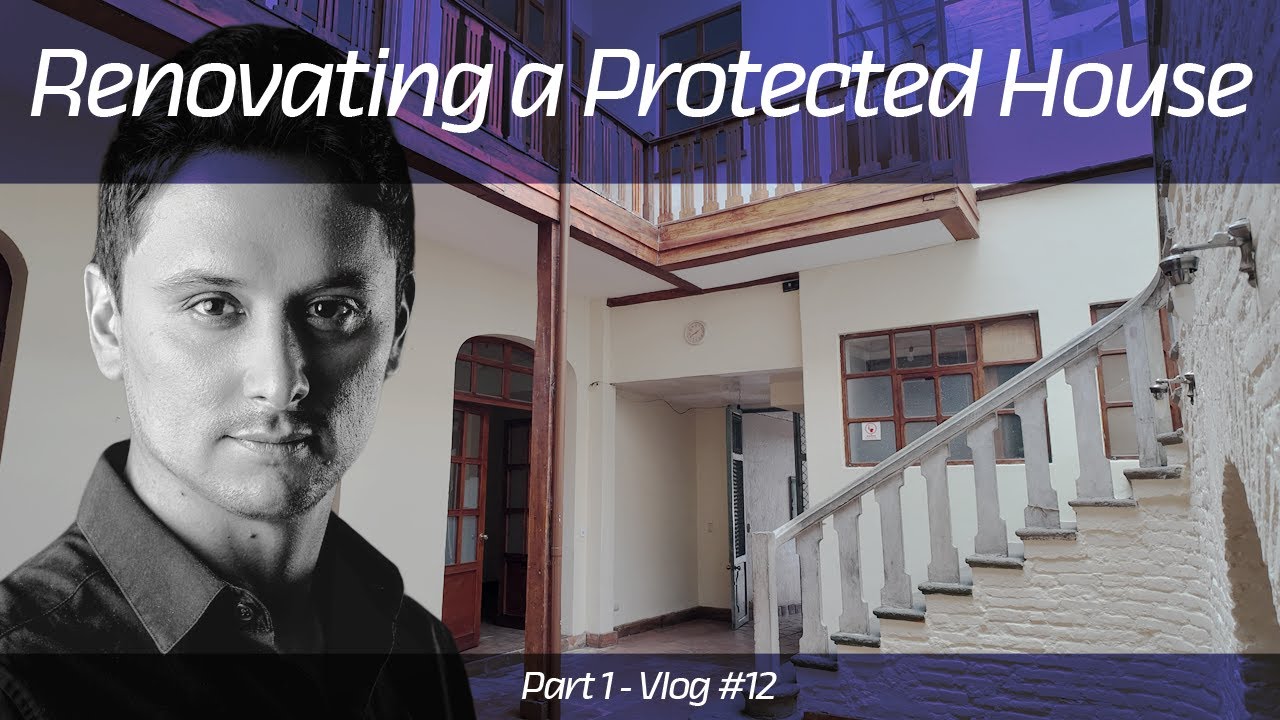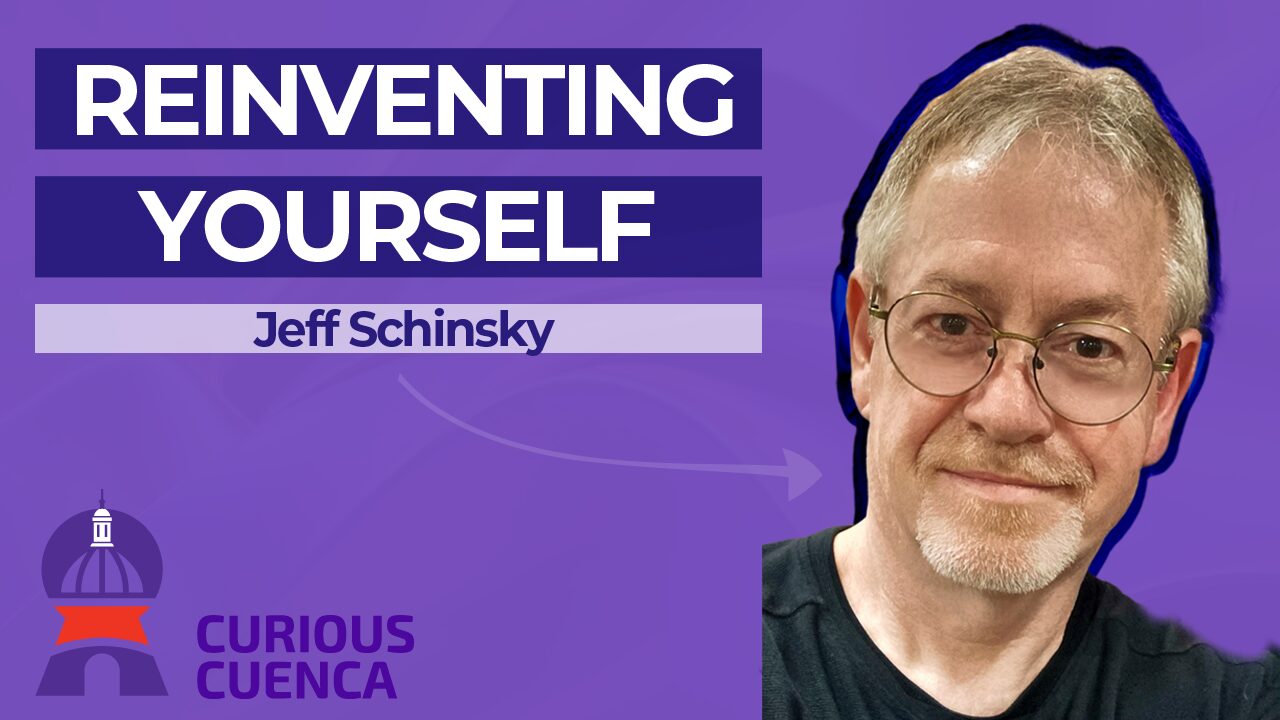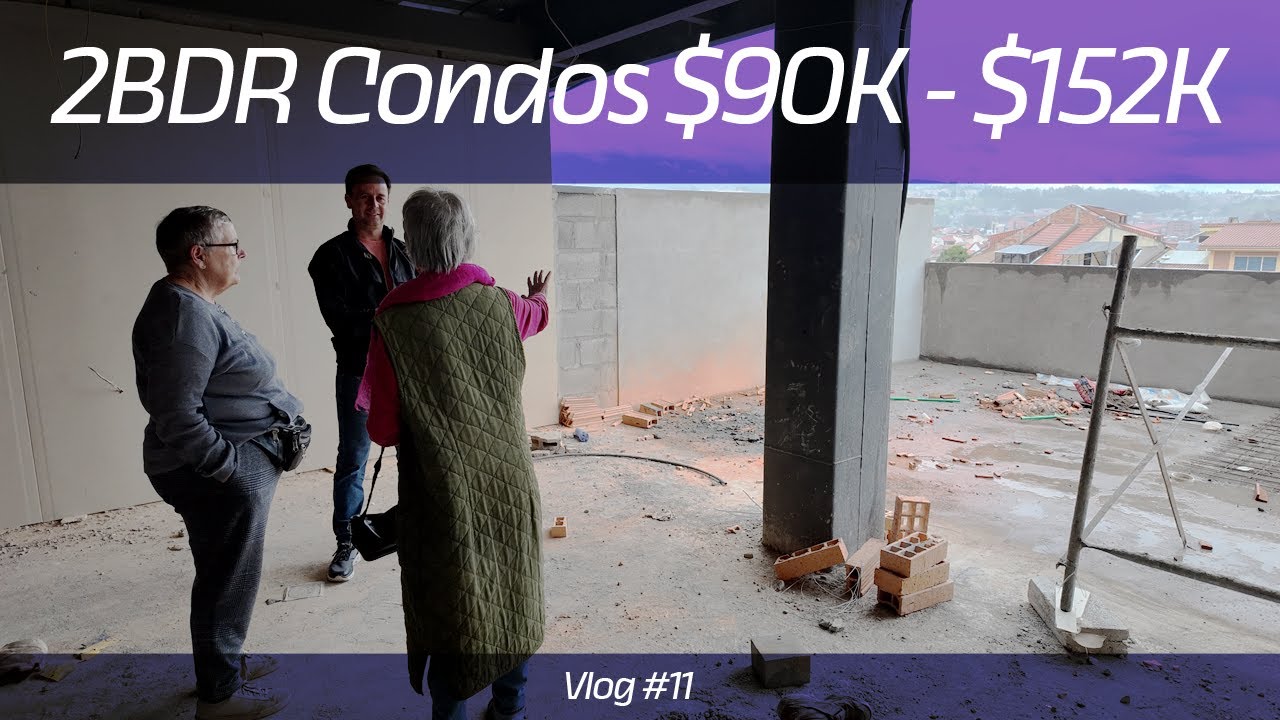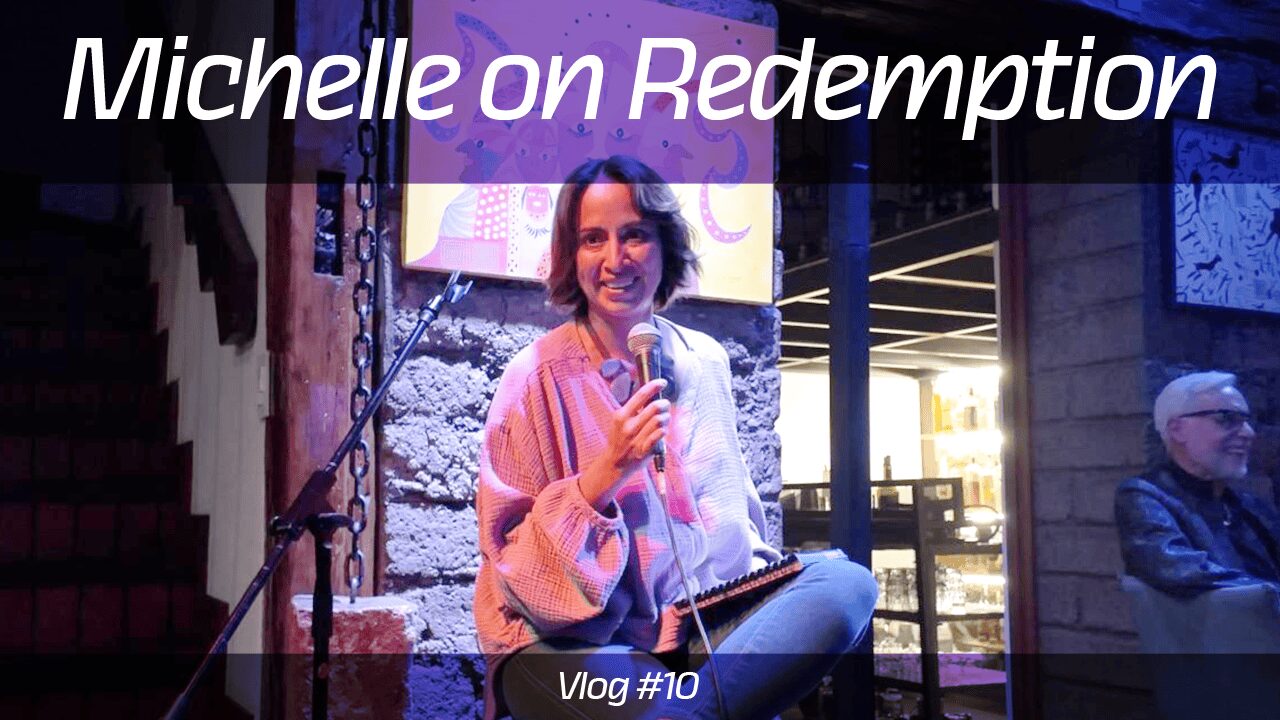My interest in holism goes back to my childhood, when my sense of wonder for the many mysterious – and frequently overlooked — sides of existence first set in, capturing my attention. Eventually, I became aware that this vision of the multifaceted nature of reality is, in fact, at the base of many ancient and pre-modern cultures.
Holism is derived from the Greek word holos, meaning all, complete, or entire — in other words, whole. Similarly, the English word whole appears to be the root of holy and of health. This means that the concept of holos or wholeness (i.e., the completeness, fullness, or totality of natural creation) is, semantically speaking, the common origin of them all!
Although mostly ignored by the current beliefs of our culture — particularly in conventional medicine, traditional education, outdated politics, and industrialist economics — the holistic nature of human experience is still present in our language. With everyday words, we inadvertently acknowledge the multi-layered quality of life, its sacredness, and the gift of wellbeing that comes from its honoring. Of course, we inherited the lingo from ancestors that had time to watch the stars while reflecting on creation. Far from that, the reductionist way in which we live today contradicts the wisdom of our language. The Latin expression ”reductio ad absurdum,” meaning “reduction to the absurd” could be used, literally, as a motto for our times. Unfortunately, this leaves us vulnerable to the myriad of ¨dis-eases¨ of body, mind and soul that are rampant today.
The philosophy of holism is found alive and well in the indigenous cultures of the Americas and other parts of the world. Meanwhile, the theory is discussed in academia, where the implications of living as the complete/complex beings that we really are is compared and contrasted to the status quo. During my master´s program, a passionate PhD of both Psychology and Philosophy thoroughly exposed us to the concept of ¨the whole being greater than the sum of its parts.¨ This was expanded in my studies of shamanism – independently and comparatively to Western cultures of healing. My studies led me to live with the Mayan people of Guatemala, where I apprenticed in their holistic methods and integrated Mayan shamanism with modern psychotherapy .
Trained in various holistic theories, I went on to my field research hoping to seamlessly apply my understanding of holism to a living culture. Prepared to do the job, I sat down to query the patients of my Mayan (healing) teacher. With my list of questions — officially approved by my research supervisor — I began to ask the Mayans how this or that experience (i.e., accidents, illnesses, losses and disappointments of all kinds) had impacted them psychologically, socially, physically, etc. To my puzzlement, they could not understand the questions. How was it that these amazingly bright people, who keep track of time in ways that would take Westerners years of training to grasp, could not answer my questions? Language was not the issue; I knew it. With Spanish as my first language and their official second language (Tzutujil Mayan being their mother tongue), we communicated directly, or through a perfectly bi-lingual translator, or both.
Shortly after calling my professor to explain this glitch, it dawned on me that my perspective must be radically different to their own. Perhaps, without having points of references for my academically fragmented way of seeing life, it was impossible for them to comprehend my questions. Indeed, I soon confirmed that, far from a theoretical understanding of holism, their vision of life is holism in action, holism in every thought, holism in every experience. From that perspective, breaking up aspects of being into emotional, mental, spiritual, and physical did not make sense. My Latin American upbringing — although much less left-brained than my North American training — had still not prepared me for my experience with the relatively unadulterated indigenous Mayan culture. Needless to say, I revised my questions. By being holistic in my enquiry, holistic information began to flow with perfect ease.
In the field of health and healing, some of the aspects of being that need to be considered include: the physical and biological; the invisible inner forces acting directly on the physical (i.e., our electrical and magnetic systems); the emotional; the mental and cognitive; the social and cultural; the environmental; the energetic; the spiritual; and more. Paradoxically, our compartmentalized Western way of thinking is the reason we can so easily identify these elements. However, as I carefully discussed in my thesis work, this ability of the Western mind to separate and isolate is really a mixed blessing. If used to explore the many wonders of our being while staying conscious of its richness, it is not such a bad thing. Yet, this dissecting ability can be most beneficial when used to ensure that ALL human aspects are addressed, healed and fulfilled. Holistic practitioners can guide and support clients in their journey towards balancing the whole being. Are you ready for integral self-exploration, healing or prevention? Reach out. You are not alone.

